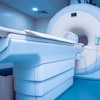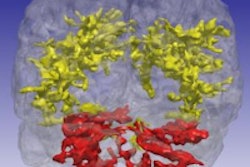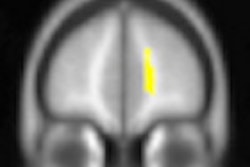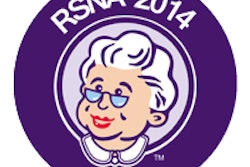MRI sequences have discovered brain variations that may help physicians predict which patients will respond to a neurosurgical procedure to treat obsessive-compulsive disorder (OCD).
The findings, published online December 23 in JAMA Psychiatry, could benefit people with OCD who do not respond to medication or cognitive-behavioral therapies, according to the study authors.
Researchers from Columbia University investigated neuroanatomical characteristics on preoperative MRI to see which OCD patients would respond to a procedure known as dorsal anterior cingulotomy, which involves lesioning, or damaging, a region of the brain associated with the neural network that causes OCD.
They analyzed MRI sequences of 15 patients (nine men and six women), eight (53%) of whom responded to the procedure.
The researchers found that features of the anterior cingulate cortex structure and connectivity seemed to predict whether a patient would respond to the surgical treatment.
The study authors wrote that the brain variations "may allow us to predict which patients are most likely to respond to cingulotomy, thereby refining our ability to individualize this treatment for refractory psychiatric disorders."



















